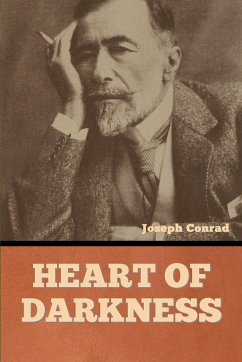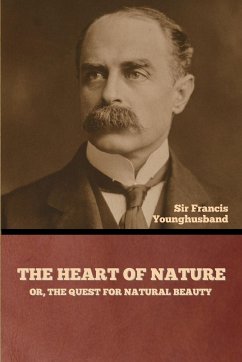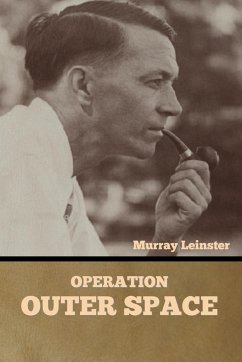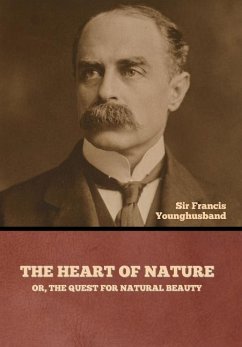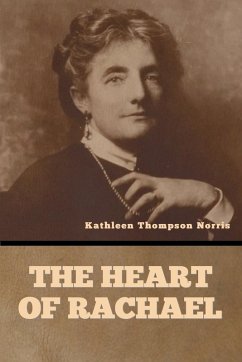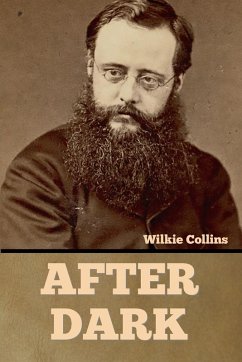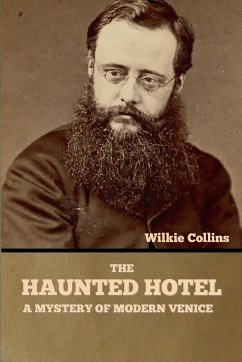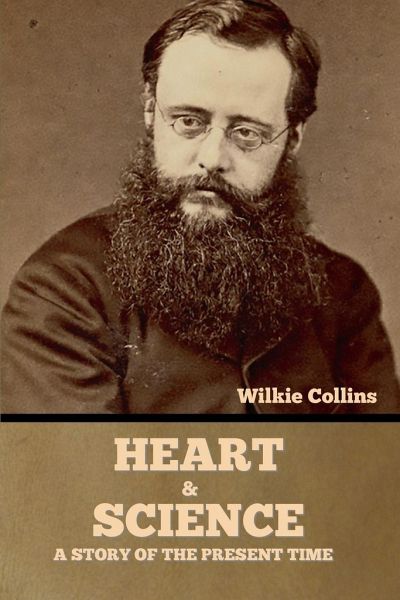
Heart and Science
A Story of the Present Time
Versandkostenfrei!
Versandfertig in 1-2 Wochen
19,99 €
inkl. MwSt.

PAYBACK Punkte
10 °P sammeln!
It examines the conflict between faith, emotional intelligence & science. I found it extremely compelling and had real problems putting it down at night. The other themes I figured were English and her nurse who is Italian. Mental health issues: madness as embodied in Mrs Galilee, the hero's mother & his cousin & sweetheart, Carmina, the heroine of the novel. Intellectualism & rationalism as symbolised by Science. This is embodied in Mrs Galilee & Dr Benjula who is a vivisectionist. Both are totally devoid of empathy and the ability to see a situation from someone else's perspective. This atti...
It examines the conflict between faith, emotional intelligence & science. I found it extremely compelling and had real problems putting it down at night. The other themes I figured were English and her nurse who is Italian. Mental health issues: madness as embodied in Mrs Galilee, the hero's mother & his cousin & sweetheart, Carmina, the heroine of the novel. Intellectualism & rationalism as symbolised by Science. This is embodied in Mrs Galilee & Dr Benjula who is a vivisectionist. Both are totally devoid of empathy and the ability to see a situation from someone else's perspective. This attitude is contrasted with Deep feeling, compassion & tenderness as embodied in the hero Ovid Vere & Carmina who turns a bitter rival into a loving, devoted friend. These qualities are symbolised in the word heart. (Zareen)



